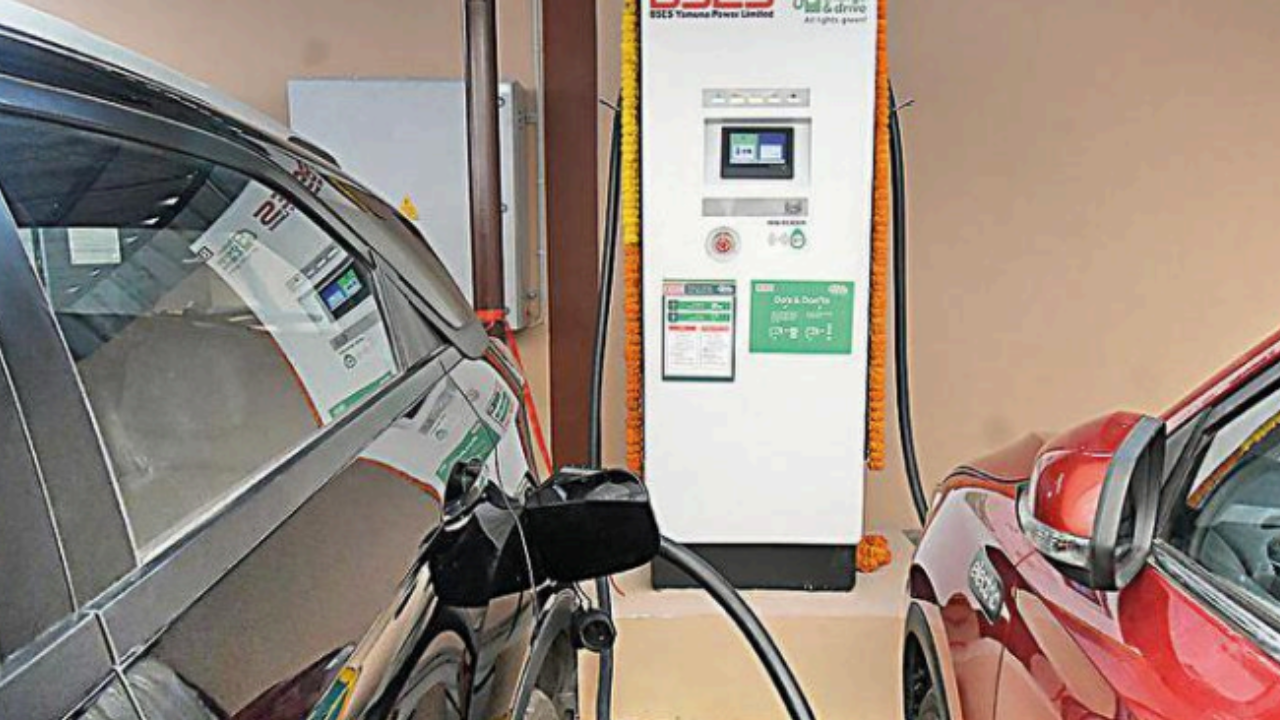
NEW DELHI: A study by Climate Trends has found that Delhi is among the top nine states and Union territories when it comes to having an enabling environment for electric vehicles (EVs), which means providing incentives in the market for their promotion.
The study assessed all the states on 21 parameters and found that Delhi, Maharashtra, Haryana, Uttar Pradesh and Punjab offer the widest range of parameters (between 13 and 15).
As of November 2022, EV sales in the national capital stood at 7.2 percent market penetration. Delhi also has 2,900 charging stations and 250 battery swapping stations, the highest number of public charging stations in India. However, it is far from meeting its target of 25 percent market penetration by 2024.
According to the study, only eight states have specific targets for electrification of fleets such as last mile delivery vehicles, aggregator cabs, and government vehicles. These are Delhi, Maharashtra, Haryana, Karnataka, Assam, Madhya Pradesh, Manipur and Andaman & Nicobar.
“Delhi has disbursed Rs 100 crore of funds to consumers on EV subsidies. It is also among the few states which provide financial support via providing interest subvention of 5 percent being offered in the vehicle categories of e-autos, e-rickshaws, e-carts and goods carriers. It is also the first state to introduce a draft aggregator policy,” stated the report by Climate Trends, ‘Analysis Of State Electric Vehicle Policies And Their Impact’.
It added that Delhi is one of the nine states that have mandated the creation of charging infrastructure in new residential buildings, offices, parking lots, malls, etc.
However, it also pointed out that none of the eight states which had released their policies before October 2020, including Delhi, are on track to meet their targets for EV penetration, charging infrastructure or investments. “Delhi, with the highest charging stations and points, has only made it to 9.6 per cent of its 2024 target of having 30,000 charging stations,” the report pointed out.
“Our study shows that few state policies have comprehensive designs that balance EV sales, manufacturing and overall ecosystem growth. There are gaps in implementation, leading to slower on-ground impact, which need to be addressed,” said Aarti Khosla, director, Climate Trends.
Also Read:
